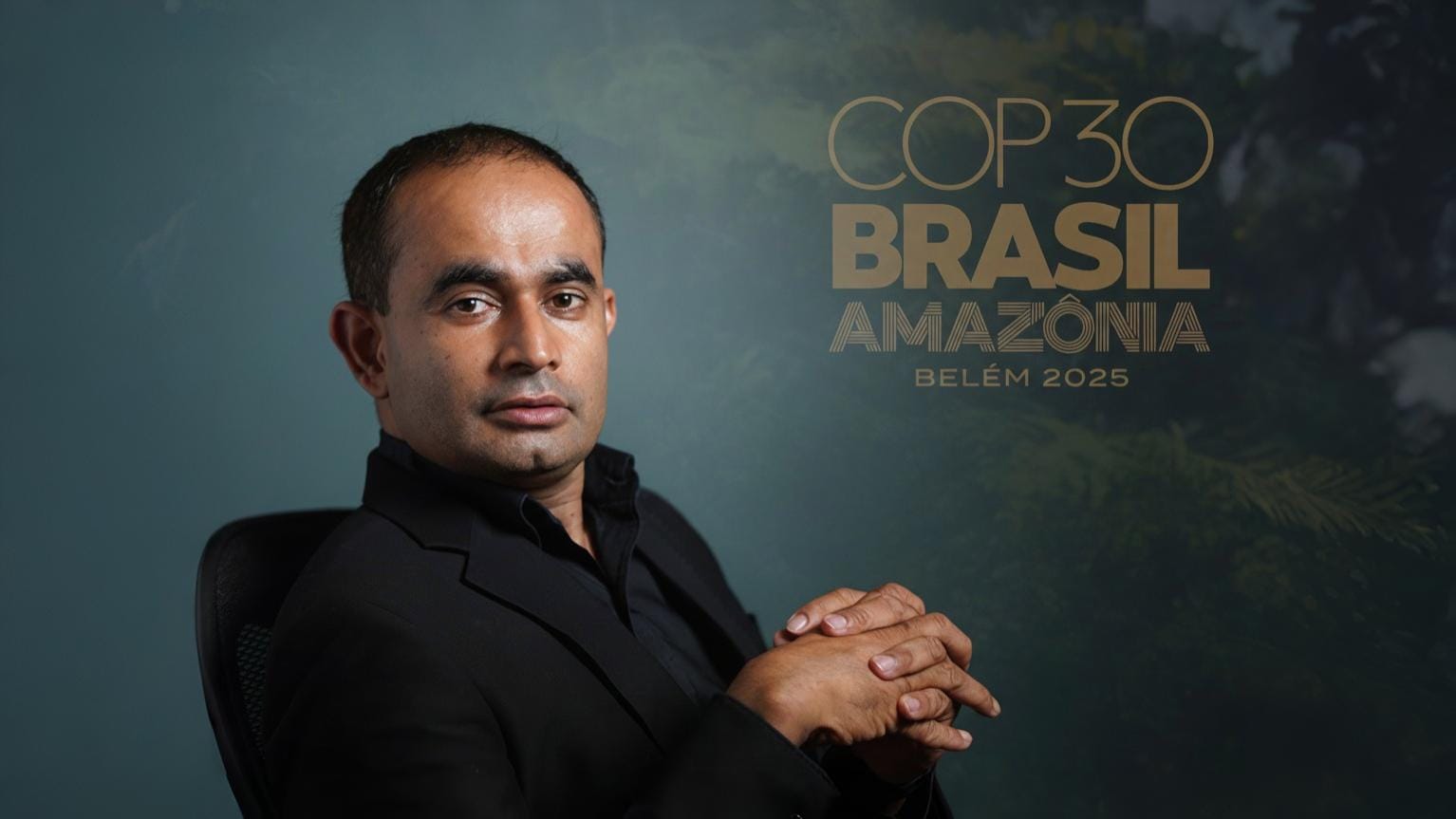How Strategic Leadership and Digital Solutions Are Shaping Global Environmental Policy
Belém, Brazil — At the COP30 UN Climate Change Summit, global discussions went beyond pledges and targets to explore the role of leadership and technology in implementing sustainable solutions. Sabeer Nelli, CEO of Zil Money, emerged as a key voice linking policy, innovation, and practical action, emphasizing how strategic leadership can harness technology to advance climate goals.
For Nelli, effective climate policy is not only about drafting regulations but also about enabling actionable solutions through innovation. He stressed that countries and businesses need digital infrastructure, financial transparency, and collaborative networks to turn commitments into measurable results.
Policy and Technology: A Strategic Partnership
COP30 highlighted that the success of environmental policies increasingly depends on digital enablement. Nelli argued that fintech and cloud-driven platforms are essential tools for tracking climate finance, monitoring environmental progress, and enabling international collaboration. Without such systems, even well-intentioned policies risk delays, mismanagement, or lack of accountability.
“Policy frameworks set the direction, but technology ensures that promises translate into impact,” Nelli said. “When leadership embraces innovation, we create policies that are actionable, measurable, and inclusive.”
The summit underscored this principle through the launch of several major initiatives:
-
🌲 Tropical Forests Forever Facility – A global funding program designed to reward nations that protect forests while supporting local communities dependent on these ecosystems.
-
🌐 Green Digital Action Hub – A digital platform offering real-time climate monitoring, data analytics, and collaborative tools to support policy implementation and cross-border initiatives.
-
🤖 AI Climate Institute – Focused on leveraging artificial intelligence to predict climate risks, optimize resource allocation, and support evidence-based decision-making.
These initiatives exemplify the growing convergence of policy leadership and climate-focused technology, allowing governments and industries to act faster, smarter, and more collaboratively.
Empowering Leaders and Communities
Nelli emphasized that policy impact is strongest when it includes the voices of local communities and innovators. COP30 attendees, ranging from youth activists to corporate executives, recognized the importance of inclusive leadership in climate action. By incorporating diverse perspectives, leaders can design policies that are not only effective but equitable, ensuring that technology reaches those who need it most.
Digital tools also allow leaders to measure progress transparently, enabling stakeholders to see where funding and efforts are making a tangible difference. Nelli highlighted how fintech platforms like Zil Money support these objectives by providing secure, traceable financial systems that simplify global climate funding and foster accountability.
The Future of Climate Leadership
For Sabeer Nelli, COP30 demonstrated that the next generation of climate leaders will need to balance policy acumen with technological literacy. Governments, businesses, and innovators must collaborate across borders, leveraging digital tools to scale solutions while keeping human and environmental priorities at the forefront.
“Leadership in the climate era is about vision, action, and collaboration,” Nelli said. “By integrating policy, technology, and human insight, we can address the climate crisis with speed, precision, and inclusivity.”
About Zil Money Corporation
Zil Money is a U.S.-based financial technology company specializing in cloud-driven solutions for business payments and financial management. Serving more than one million businesses, the platform supports ACH, wire, check, virtual card, and wallet-based transactions. With over $100 billion processed, Zil Money helps small and mid-sized enterprises streamline operations, strengthen expense control, and improve financial transparency.































